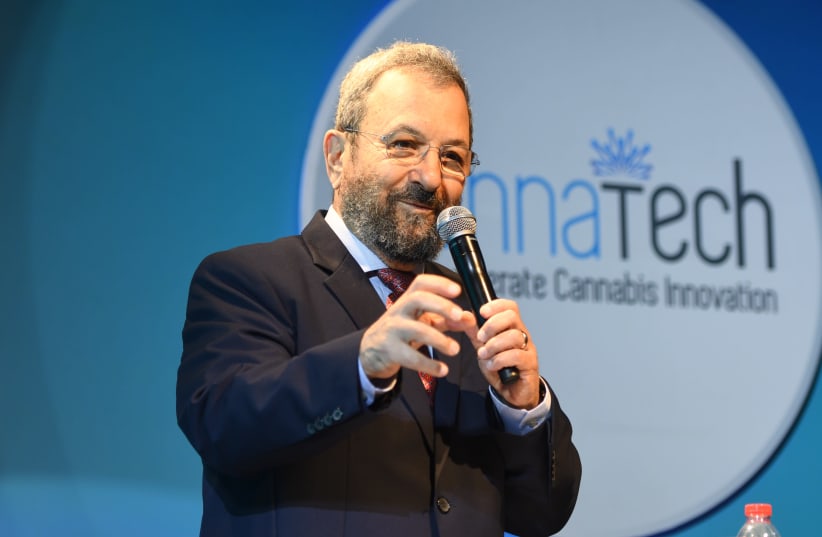Former PM Barak: Israel is now the land of milk, honey and cannabis
The former prime minister is responsible for the company's global growth strategy and the development of international business, and the company is currently examining going public on NASDAQ.
